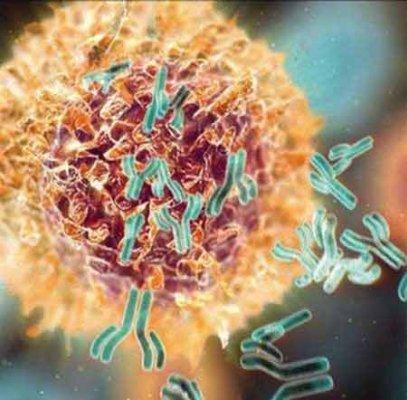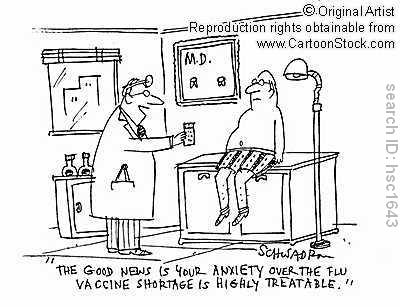Got Immunology ?
Immunology is a branch of biomedical science that involves the structure and function of the immune system, the body's immunity from disease, and the techniques of analysis in the lab. Immunologists focus on how the immune system's cells come in contact with antigens so that a vaccine that uses antibodies can be produced. Antibodies help the body fight off any harmful, foreign organisms that might enter the body. Not only are immunologists looking for new medications to treat the public, but they are also looking for ways of the immune system to create tolerance to certain antigens. One of the purposes of this tolerance is to decrease the side effects of drugs and transplants that many people experience. Vaccines Vaccines are prepared to increase and improve the immune system's function against pathogens. They are based off of a major function of the immune system that is also known as the adaptive immune system. The first vaccination came from Edward Jenner, who discovered a vaccination for smallpox in 1796. After his experiment, he found that those who had cowpox eventually became immune to smallpox. Because the smallpox and the cowpox virus are related, the immune system would recognize cowpox as an alternate version of smallpox and act in similar defensive ways. This led Jenner to create the first ever known vaccination. Jenner marked the start of vaccination and a new field in immunology. Many vaccinations have been developed since. This includes vaccinations for influenza (flu), hepatitis A, and measles. Funds and Support The Juvenile Diabetes Research Foundation International (JDRF) is an international organization that supports various types of research worldwide. They have funded nearly 300 research grants and 130 training awards just in the past year. Recently JDRF has partnered with the National Institutes of Health to co-sponsor the Immune Tolerance Network (ITN). The ITN is an international company of over 70 basic and clinical representatives. They will test clinical strategies and biological assays for the purpose of inducing, maintaining and monitoring immune tolerance for the prevention and treatment of autoimmune diseases, asthma and allergic diseases, and kidney and islet cell transplants. Find more fundings here: National Institutes of Allergy and Infectious Diseases Immunology's Timeline:
|  This picture demonstrates how the antibiotic, Rituxan, (colored blue & y-shaped) attaches to a cancer cell.  Thank you for visiting our website! creators: Elaine Tan & Rachel Schuester assisted by Christian Sapp Benicia High School site last updated: April 1, 2009 |